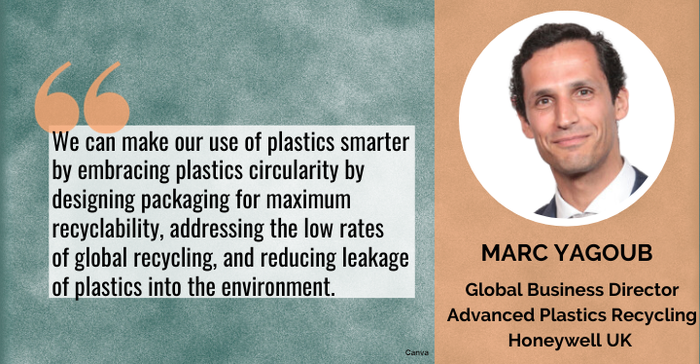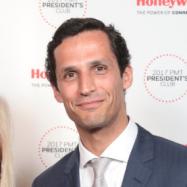We Don’t Have to Wait to Tackle Plastic Waste
The world agrees on the need to deal with plastic pollution. Now, we just need the details.

In March 2022, 175 nations agreed to develop a legally binding agreement on plastic pollution by 2024. The resolution begins simply, “End plastic pollution…” As the President of the fifth session of the United Nations Environment Assembly, Espen Barth Eide, put it: “Plastic pollution has grown into an epidemic. With today’s resolution, we are officially on track for a cure.”
The work continues. May 2023 saw the second meeting of the Intergovernmental Negotiating Committee in Paris, with countries discussing an options paper following written submissions from United Nations member states. Proposals include potential obligations to phase out or ban avoidable plastic products, reduce microplastics, strengthen waste management and encourage reductions, reuse and repair of plastic products and packaging.
Crucially, and in keeping with earlier resolutions, it calls for a comprehensive approach addressing the full life cycle of plastics. Among its proposals for the future treaty’s stated objectives is reducing the production, use and discharge of plastics across their life cycle, “including through the promotion of a circular plastics economy”.
Coming around to plastics circularity
Whether it explicitly makes it into the text of the treaty or not, the concept of plastics circularity must be at its heart if we’re to succeed in radically reducing plastics waste. A realistic roadmap must recognize the benefits of plastic to society — and the environment.

To take just one example, plastics can radically improve shelf lives, preserving food, preventing loss, and reducing food waste, as well as the resulting emissions of methane — a gas 25 times more effective at trapping heat in the atmosphere than carbon dioxide. Plastic packaging can also be lighter and smaller than alternatives, cutting the fuel and emissions needed for transport.
We need plastics; we can’t just ban them. But we can make our use of plastics smarter by embracing plastics circularity:
Designing packaging for maximum recyclability;
Addressing the low rates of global recycling; and
Reducing leakage of plastics into the environment.
With these goals comes a range of others, such as assisting developing countries, particularly with collection, sorting, and proper recycling methods for plastic waste, and educating consumers on appropriate disposal. We must also drive towards consistency worldwide in determining what can be recycled and how it should be collected. We need a roadmap for each country’s plastic collection and recycling infrastructure. Currently, this is one of the biggest barriers to greater plastic recycling and, therefore, reduced production of virgin plastics.
We’re hopeful any resulting treaty will address these critical issues.
Recycle-ready technology.
There is good reason for optimism. Traditional mechanical recycling is ineffective with much plastic waste and doesn’t produce the quality required for many uses. That’s partly why just 10% of plastic waste is currently recycled. But technology is evolving.
With Honeywell UOP’s UpCycle Process Technology, industry-leading molecular conversion, pyrolysis, and contaminants management dramatically expands the types of plastics that can be converted into recycled polymer feedstock (RPF) to produce virgin-quality plastic — reducing demand for new plastic. When the Honeywell UpCycle Process Technology processes waste plastic into circular plastic feedstock, it can achieve an 80% reduction in carbon emissions if the plant is supplied with 100% renewable electricity1,2.
In April, Biotrend Energy, a leading player in the waste management sector in Turkey, signed agreements for equipment supply and the production license to build the country’s first commercialized advanced waste recycling plant using the UpCycle Process. The recycling plant will be able to transform 60,000 metric tons of mixed waste plastics a year into RPF.
Biotrend’s plant is expected to start up in early 2026. Elsewhere, Honeywell is working with Egypt’s Environ Adapt to explore the development of the first chemical recycling facility there.
We can hope that the new United Nation’s treaty will encourage such initiatives to spread even further and faster. But in the race to tackle plastics waste, the technology is already here to give us a head start.
Marc Yagoub is a Global Business Director within the Honeywell Sustainable Technology Solutions Group. He works at Honeywell UOP Ltd, United Kingdom, where he’s accountable for the Advanced Plastics Recycling portfolio with special focus on closing the plastics circularity gap and driving value for Users. His full profile is found on LinkedIn.
About the Author(s)
You May Also Like




